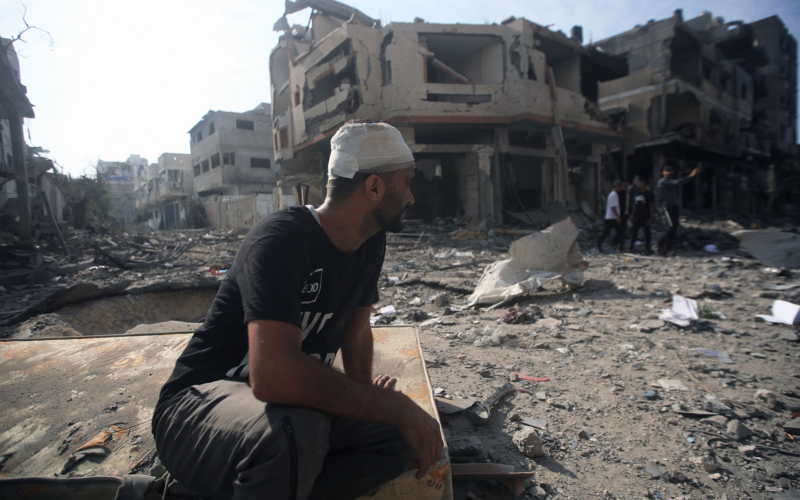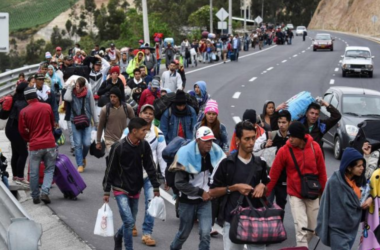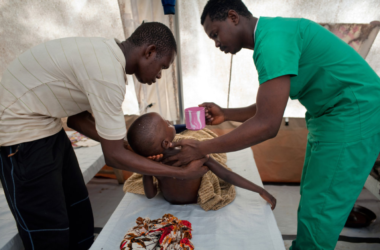As Israeli forces continue their aggressive military campaign in Gaza, the situation for Palestinians grows increasingly dire. The relentless airstrikes near the southern city of Khan Younis have left at least 16 more Palestinians dead and countless others wounded. Amid the destruction, families are once again being forced to flee their homes, adding to the already staggering number of displaced persons. This is not just a conflict; it is a humanitarian crisis of immense proportions, with the civilian population bearing the brunt of Israel’s military might.
Despite an international push for a ceasefire and negotiations brokered by Egypt and Qatar, hopes for peace remain dim. Hamas, the de facto governing authority in Gaza, has expressed deep skepticism about these talks, accusing Israel of using them as a mere cover to continue its aggressive operations. The Palestinian group has already accepted a ceasefire proposal based on ideas put forward by U.S. President Joe Biden. However, they see little evidence that Israel is serious about halting its onslaught.
The fear of a broader regional conflict is palpable. With reports of Iranian preparations for a large-scale attack on Israel, and the assassination of key leaders in both Hamas and Hezbollah, the potential for escalation is high. The U.S. has responded by deploying additional military assets to the region, including a guided missile submarine and the Abraham Lincoln strike group, underscoring the growing threat of a wider war.
The roots of this conflict run deep, exacerbated by Israel’s occupation of Palestinian territories and the long-standing grievances of the Palestinian people. The recent violence began with a Hamas-led attack on Israeli communities near the Gaza Strip, which resulted in the deaths of around 1,200 Israelis and the capture of more than 250 others. This devastating blow led to a brutal Israeli retaliation that has left Gaza in ruins, with the Palestinian Health Ministry reporting nearly 40,000 deaths, the majority of them civilians.
Israel’s military strategy has been to flatten Gaza, displacing its population and inflicting widespread casualties. The recent airstrike on a school building in Gaza City, which Israel claimed was targeting militants, resulted in the deaths of scores of people, many of whom were civilians. This attack is just one example of the indiscriminate nature of the Israeli assault, which has drawn condemnation from around the world.
While Israel claims that a third of the casualties are fighters, the sheer scale of civilian suffering cannot be ignored. Entire neighborhoods have been destroyed, and the social fabric of Gaza has been torn apart. The international community must recognize the urgent need to protect the lives of innocent Palestinians and push for an immediate end to the violence.
The continuation of these strikes only deepens the sense of hopelessness among Palestinians and stokes the flames of further conflict. As the world watches, it is imperative that global powers step in to broker a meaningful peace, one that addresses the root causes of the conflict and ensures justice and dignity for the Palestinian people. The alternative is a descent into even greater bloodshed and the potential for a catastrophic regional war that could engulf the entire Middle East.








